Across the Australian high country, the snow gum woodlands are facing an existential threat from dieback and climate change driven fire regimes.
These threats are detailed here, as are some potential solutions.
While the loss of these forests would have major physical and ecological impacts on mountain environments, what would it mean for our personal connection to the high country? For me these trees are an essential part of life in the mountains. When I drive or walk up from the valley and have a wander among old trees, I feel like I have come home. I know these forests have been here for time beyond our imagining:
“Evidence from sequencing DNA and the discovery of fossils indicate that the eucalypts have their evolutionary roots in Gondwana, when Australia was still connected to Antarctica. Impression fossils of leaves and fruits with very good detail have been described from Patagonia in South America and dated at 52 million years old”. Over time, as Australia became warmer and drier, the eucalypts adapted to fire. For untold years they have survived in the Alps, shrinking back in the colder times, regrowing in the warmth. (https://www.science.org.au/curious/earth-environment/story-our-eucalypts)
And now, here we are, facing the potential collapse of these forests and woodlands across the Alps.
Canadian musician Bruce Cockburn once wrote a song about the loss of the Amazon Rainforests and a series of lines have stuck in my mind all these years. The destruction of nature is interlinked with our own health, and we are now seeing the prospect of landscape scale collapse – not just the ‘routine’ loss of a species here and there. (https://cockburnproject.net/songs&music/iatf.html)
Through thinning ozone,
Waves fall on wrinkled earth –
Gravity, light, ancient refuse of stars,
Speak of a drowning –
But this, this is something other.
Busy monster eats dark holes in the spirit world
Where wild things have to go
To disappear
Forever
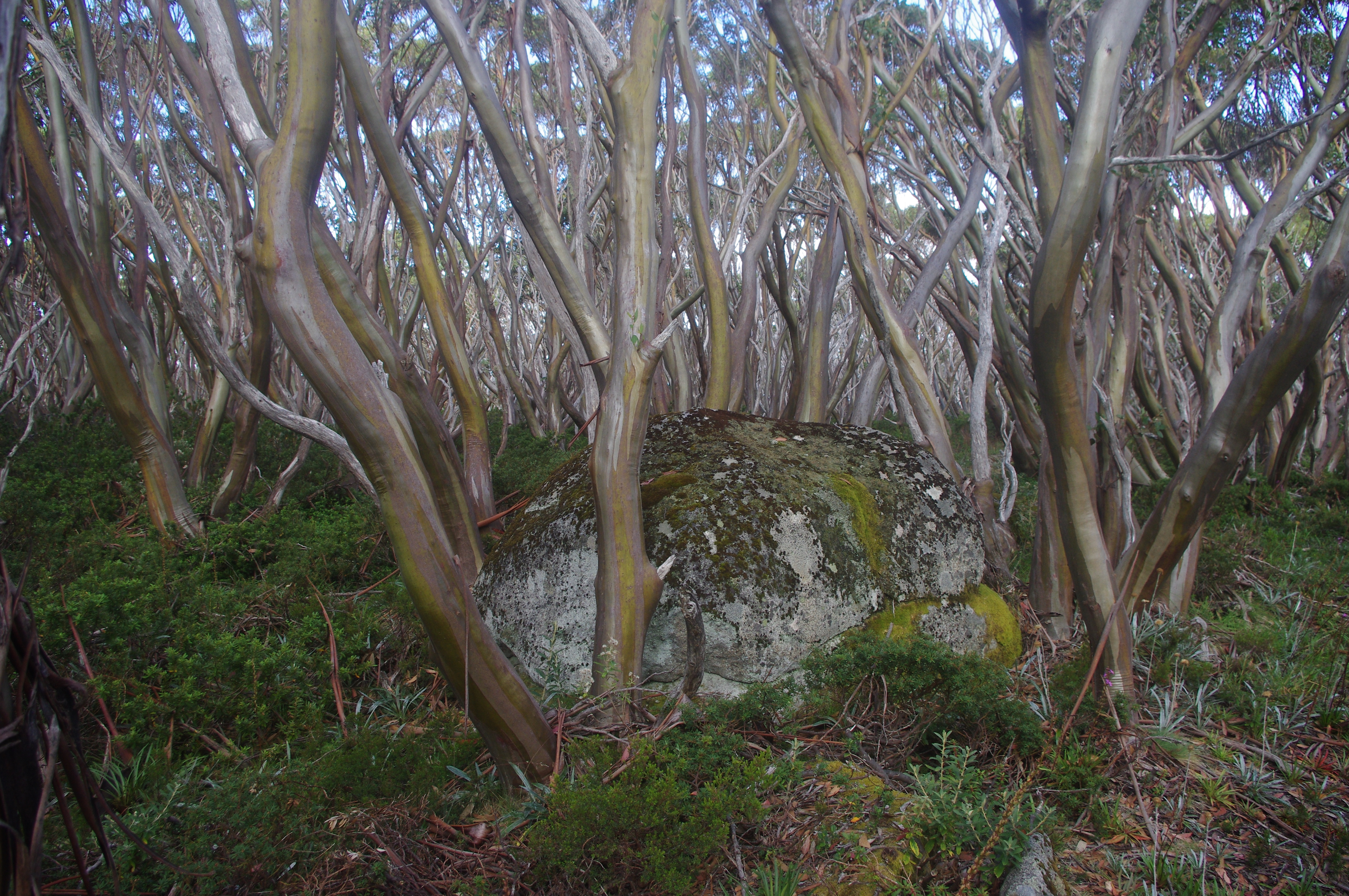
Often when we campaign for the protection of nature – such as the snow gum communities – we appeal to people’s self interest – possible economic impacts that would come with their loss, loss of the ability to get put and enjoy areas, benefits of tourism and so on. But the potential loss of these forests feels like a rip across the fabric of the world, of the web of life that weaves us together and provides everything we need. Their loss is as much spiritual as it is physical, and who can say what the collective psychic impact will be as we face continual ecological collapse around us?
One of my favourite retreats in the mountains is the small plateau around Mt Wills:
Mt Wills – a precious sub alpine plateau in need of protection
Mt Wills is an ‘island in the sky’ – a small plateau which supports wonderful, widely spaced old growth snow gum trees, surrounded by deep valleys on three sides. It is connected to Victoria’s highest mountain – Bogong (Warkwoolowler) – by Long Spur and is on the route of the Australian Alps Walking Track (the AAWT), our longest walking track in the high country.
I can talk about the ecological values that make it precious (especially the old forests of elder Snow Gums). But Mt Wills also feels precious because it speaks to me of old, deep time, long human connection, and silence and resilience:
I don’t know what happened in this place – beyond the universal human needs of eating, sleeping, and friendship – but some days, sitting in the quiet amongst old old rocks and ancient snow gum I get a glimmer of what it means to have a deep connection to a place. I get that on Mount Wills.
some musings on country: Mount Wills
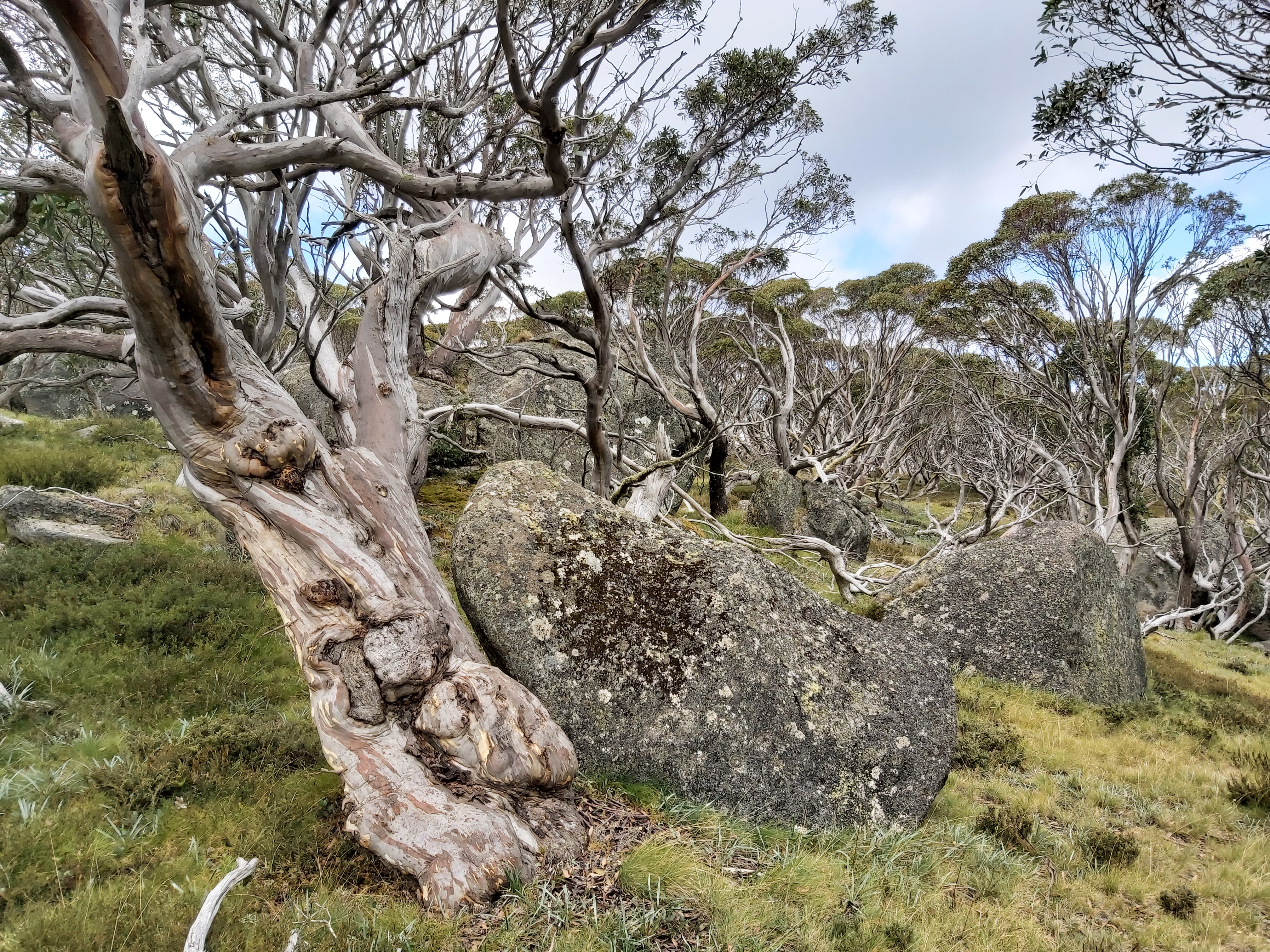
Maybe we need to talk more about love of place if we are going to mobilise people to act? Maybe we need to speak up about beauty and awe?
I recently saw a lovely short film about efforts to protect at risk pines, especially the White Bark Pine, in the mountains of the western USA. I can relate to this question that was asked:
What do you think about when you think about white bark pine?
They offer great beauty
They offer shelter
They nurture us with oxygen
They teach me humility – to be in the presences of such ancient beings and to see the environment in which they survive and the quiet wonderment that they live out
- Audrey Smith












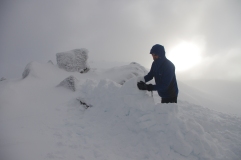













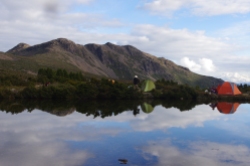


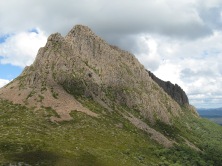






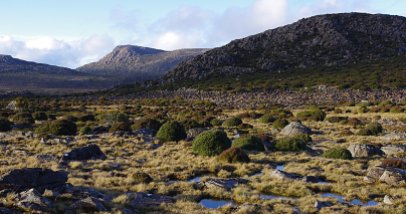



















Leave a comment